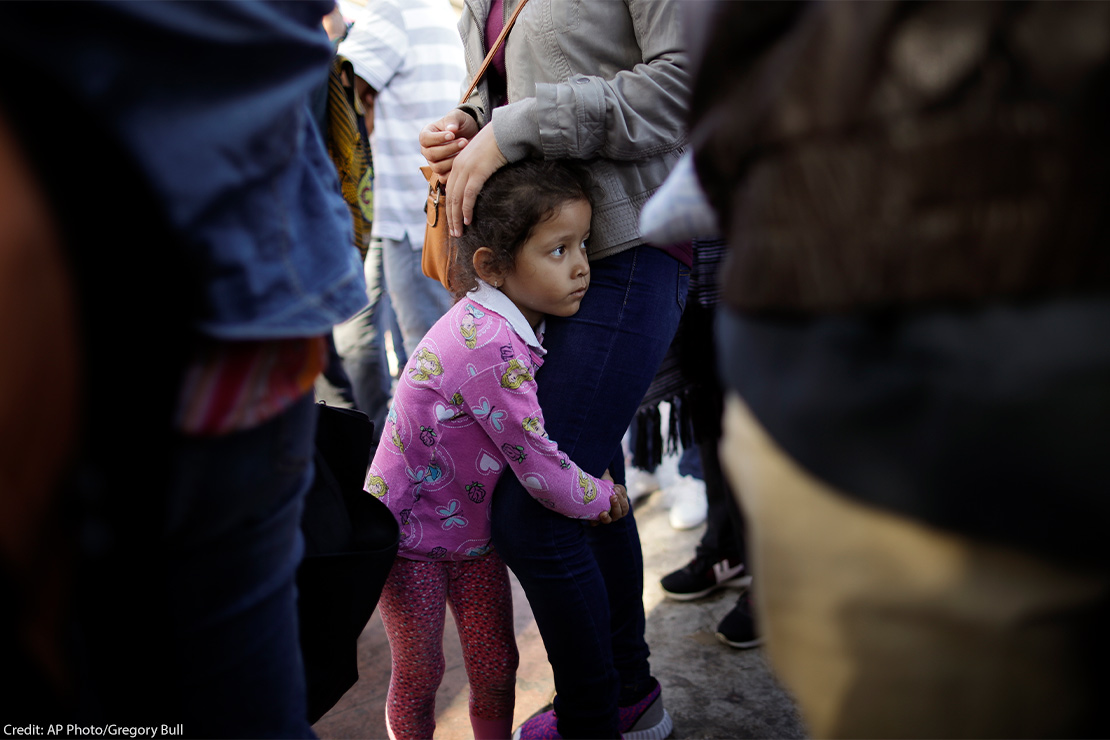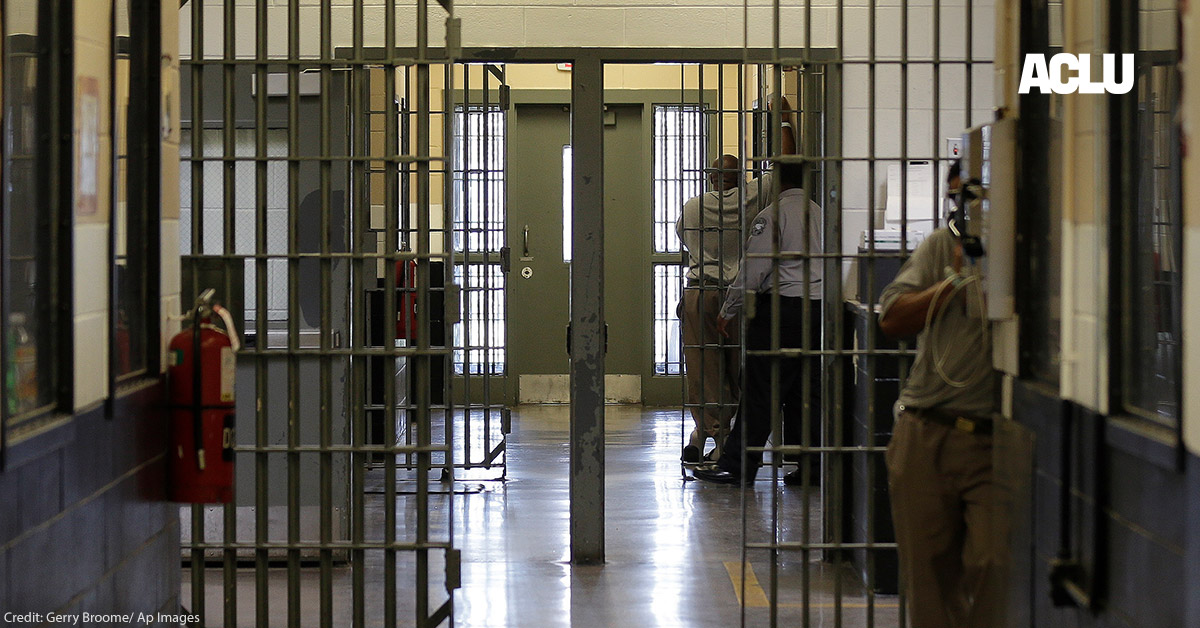
Earlier this month, the United Nations Human Rights Committee delivered a searing report highlighting the U.S. government’s failure to meet its human rights obligations under the International Covenant on Civil and Political Rights (ICCPR). This international treaty, ratified by the U.S. in 1992, is one of only three key human rights treaties that the U.S. has ratified.
The U.N. committee’s concluding observations echo many of the concerns and recommendations raised by civil society groups last month during the U.S. review, where they sounded the alarm on violations of various human rights issues including Indigenous rights, voting rights, freedom of expression and assembly, gender equality and reproductive rights, criminal legal reform, immigrants’ rights, and more. Here are three key takeaways from the committee’s report.
1. Establishing a national human rights institution is a critical first step to advancing national progress on human rights.
Among their concluding observations, the committee stressed the lack of progress in establishing a national human rights institution (NHRI). An NHRI would play a crucial role in monitoring and ensuring that international human rights standards are being upheld at the national level.
While the Biden administration has called for continued dialogue around an NHRI in the U.S., concrete actions have yet to materialize. The committee’s urgent recommendations corroborate the longstanding demand from civil society groups to establish a presidential commission to explore options for creating an NHRI. Already, this call to action has been backed by several members of Congress and the International Association of Official Human Rights Agencies.
2. The U.S. should ensure that family separations never happen again.
The committee urged the U.S. to “redouble its efforts to ensure the reunification of all separated children with their families, guarantee that such family separations are prohibited in the future, and ensure that victims have access to effective remedies and receive full reparation, including adequate compensation and appropriate support services.” It also raised concerns regarding racial discrimination and due process violations in the U.S. child welfare system, including the disproportionate number of Black and Indigenous children separated from their families. These recommendations align with those in the ACLU’s shadow report on family separation, and coincided with the ACLU’s announcement of a major settlement in Ms. L. v. ICE, which established that the U.S. government must continue to identify families that were separated by Trump’s zero-tolerance policy and provide a pathway for them to seek asylum in the U.S.

Shadow Report to UN Human Rights Committee: Family Separation in the U.S. Child Welfare System, at the U.S.-Mexico Border, and of Indigenous Communities
Source: American Civil Liberties Union
3. The U.S. should adopt critical criminal legal system reforms, including abolishing the death penalty and placing a moratorium on life sentences without parole.
The committee concretely addresses a wide range of human rights violations in the U.S. criminal legal system, including extreme sentencing, which the ACLU has raised in our joint report with the Princeton Advocacy Policy Clinic. Most notably, the committee called on the U.S. to “establish a moratorium on the imposition of sentences to life imprisonment without parole.” This was a result of powerful testimonies and advocacy by various groups, including the Abolitionist Law Center and the Center for Constitutional Rights, which raised the torturous practice of death by incarceration to the committee.
The committee also urged the U.S. to establish a federal moratorium of the death penalty, abolish life without parole sentences for children, as well as the mandatory and non-homicide-related sentence of life imprisonment without parole, and make parole more accessible to all prisoners, including those sentenced to life imprisonment. For the first time, the committee called on the U.S. to expand parole eligibility for all incarcerated individuals, irrespective of age or the crime committed. These recommendations were also echoed in the recent report by the U.N. Expert Mechanism to Advance Racial Justice and Equality in Law Enforcement, which visited the U.S. last spring.

Michigan Lawmakers Must Protect the Rights of Children and Join the Global Consensus
Efrén Paredes, Jr., incarcerated since the age of 15, explains why Michigan must turn the page on juvenile-life-without-parole sentences.
Source: American Civil Liberties Union
The time to act is now.
The U.S. touts itself as a global leader of universal human rights. Yet the committee’s report memorializes the immense gap between U.S. laws and policies and international human rights norms — even in the area in which the U.S. has heralded itself as a leader for decades: civil and political rights. And while the Biden administration has prioritized human rights in some ways, it has failed to pursue bold actions to demonstrate that it is leading by the power of example.
While the responsibility to implement the committee’s concluding observations lies with federal, state, and local governments, the Biden administration should immediately devote the necessary attention and resources to realizing these recommendations.
It can start by creating a transparent and permanent executive branch human rights monitoring body to review and create a plan of action to implement the committee’s recommendations. It can also convene a White House summit on domestic human rights to celebrate the 75th anniversary of the Universal Declaration of Human Rights. This would be an excellent opportunity to appoint a presidential commission to study the creation of an NHRI in the U.S. Additionally, the White House should instruct all federal departments and agencies to review and implement the committee’s observations and create incentives for state and local governments to do so under their jurisdiction.
The committee has asked the U.S. to follow up in three years with its progress in three main areas: reproductive rights, voting rights and freedom of assembly. While the next U.S. periodic review will take place in 2031, the U.S. government must immediately start implementing these recommendations and ensure that this process is informed by meaningful consultation with civil society organizations. As the world watches, we cannot waste any time to realize human rights for all in the U.S.
Comments
Post a Comment